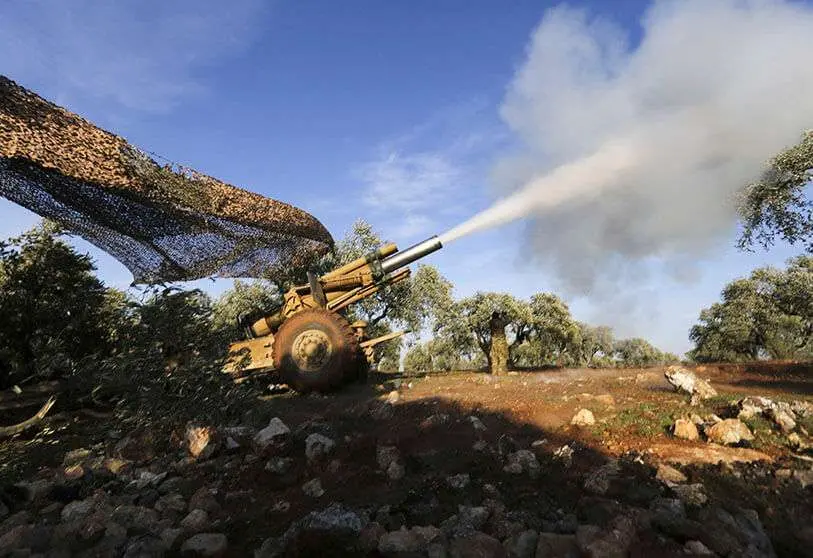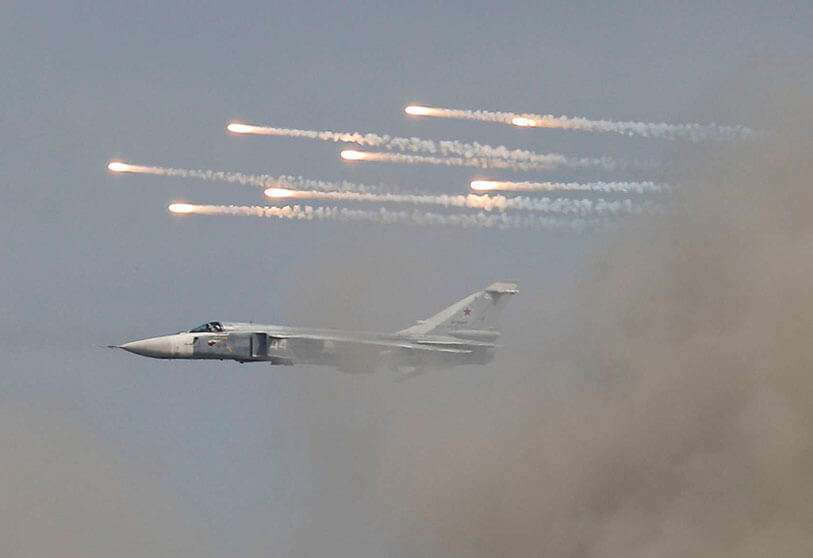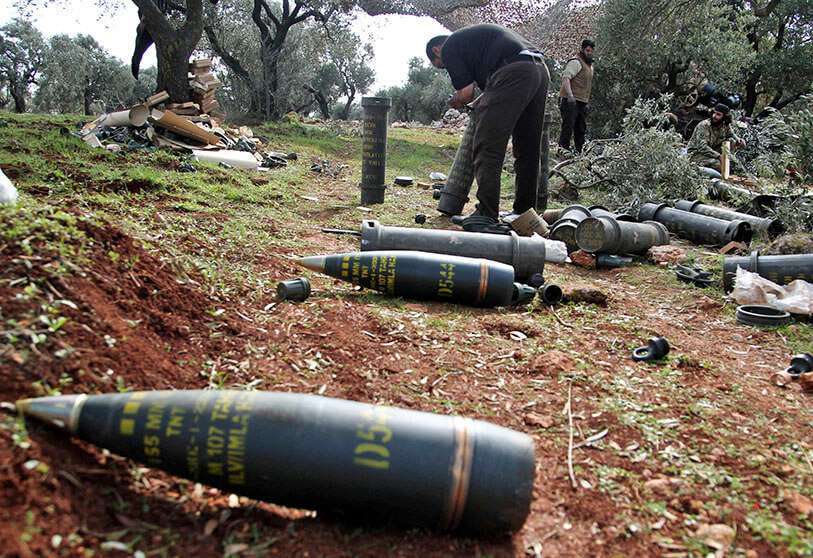Turkey launches a new military operation in Idlib against Al-Asad

Turkey officially confirms it: the government of Recep Tayyip Erdogan has launched a new military operation in the region of Idlib, in the northwest of Syria. The move comes in response to the air attack by the Syrian Arab Army last Thursday in which 34 Syrian soldiers were killed and several dozen seriously injured.
Ankara Defence Minister Hulusi Akar has confirmed that the attacks carried out since then by the Turkish Armed Forces on Syrian territory are part of a wider deployment that has been dubbed the ‘Spring Shield’. This is the fourth consecutive Turkish operation on Syrian soil since the withdrawal of US troops. Turkish officials have reiterated that the only targets being considered for attack in this new operation are Syrian Army units. Moreover, attacks will only be permitted if they refer to self-defence.
How is the operation progressing so far? According to the details provided by the government agency Anadolu, the Spring Shield has begun in earnest. So far, it has shot down two Russian-made Sukhoi-24 fighters and eight helicopters and neutralized more than a hundred tanks. According to the same source, the human toll is catastrophic for the Syrian regime, as it would have lost more than 2200 men in just three days.

However, these figures have to be taken with great caution. Other sources, such as the Syrian Observatory for Human Rights (SOHR), lower them considerably and count the casualties in the regime in tens rather than hundreds. The SOHR does acknowledge, for example, that the pro-Turkish militias, propelled by the new operation in Ankara, have regained some ground in Idlib and Hama provinces. Syria, for the time being, has chosen to officially close its airspace.
It remains to be seen whether the Turkish operation has the capacity to change the face of the conflict, although this seems unlikely. Despite opposition from Turkish-backed militias, the Syrian Arab Army has been moving forward at a fairly high rate over the past few weeks. Almost nine years into the war, the only focus of active resistance against the regime is in Idlib and the surrounding villages. It seems only a matter of time before the rebels are driven out of there.

Where is Russia? That's the big question that makes Erdogan uncomfortable. From his point of view, the Kremlin would, theoretically, be out of the equation. Minister Akar, in fact, has asked the Russian authorities not to interfere in the fight between the Turkish and Syrian soldiers and to touch all the keys they can to stop Damascus from advancing north.
However, this seems rather unrealistic. Russian aviation has been the main driving force behind Al-Asad's advance over the last few months. Without Moscow's Sukhoi fighters, it is likely that the war would have dragged on even longer. It is not likely that the Kremlin will simply stand by.
In recent days, Turkey has avoided any direct confrontation with the Russian armed forces. It is not clear which support it might have in an eventual confrontation. Erdogan has sounded out Emmanuel Macron and Donald Trump. With the latter, he has discussed the advancement of Patriot missiles. However, it does not appear that NATO will implement any major measures. Russia, for its part, has not pronounced itself on the Turkish leader's latest decision, but, in the days before, has called on Ankara to work together to avoid the worst possible scenario.
In fact, on Thursday 5 March, Erdogan and his counterpart Vladimir Putin will hold a bilateral meeting in the Russian capital. The leaders hope to be able to draw something from the meeting and draw up a joint plan of action in Idlib. The consensus reached in Sochi and Astana to establish de-escalation zones is not being respected.
While the two sides accuse each other of having broken the agreements first, the fighting in recent weeks is causing the greatest exodus from the war in Syria. Since December, the United Nations estimates that nearly one million people have left their homes in and around Idlib province. Most are heading for the Turkish border.
In Turkey, there are already about four million refugees. In an attempt to put pressure on the European Union and NATO, Erdogan has temporarily opened its borders to boost the flow of migrants to EU soil. According to official statements by the Turkish Government, tens of thousands of people could try to cross into Greece and Bulgaria in the next few days. The Greek Government has already closed all its border crossings.








